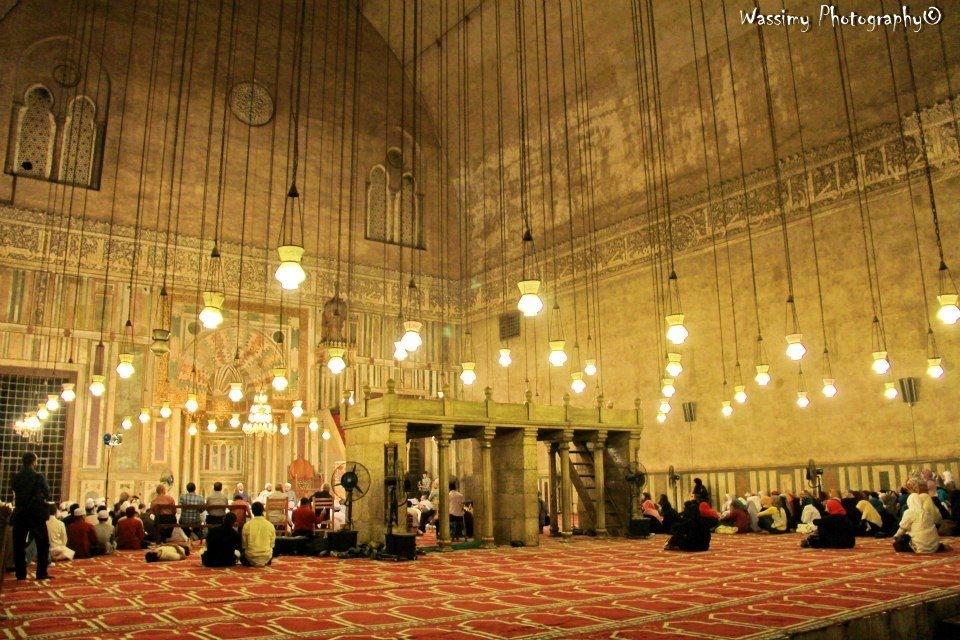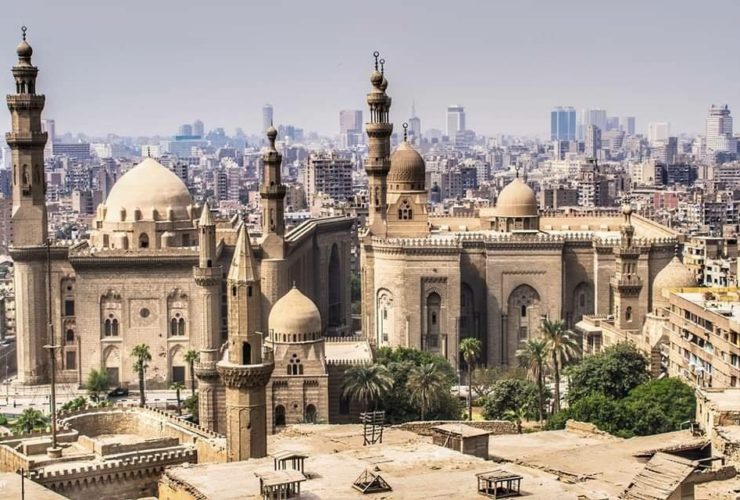Episode 17: Islamic Spirituality, pt1
One of the richest traditions Islam has is its spiritual tradition, or Sufism as it is more commonly known. In this 5 part series I introduce the richness of this tradition from a bird’s eye view perspective and offer some practical tools in later episodes that I have found to be tremendously useful in all aspects of my life.
Episode Notes
3:52 the hadith of Gabriel as a framework for the Islamic sciences
8:02 this hadith explains the entirety of religion, which contains these four categories
8:41 “islam” in the hadith is about correct actions or orthopraxy
9:18 definition of the Shari‘a as a human enterprise
12:05 definition of “iman” (faith) and orthodoxy
15:34 definition of “ihsan” or spiritual excellence
16:49 signs of the Final Hour and eschatology
19:35 eschatology as part of theology within the Islamic intellectual framework
20:17 Islam’s spiritual tradition and the importance of personal experience
24:02 How the Islamic sciences developed after the Prophet’s time
25:40 the hadith of Sulayk as an example of plurality in interpreting the Quran and Hadith
37:02 the diversity of Islam’s spiritual tradition
46:13 why this series is important and what we’re not going to talk about
Selected Links
Nostradamus
Zoroastrianism
Hinduism
Buddhism
Manichaeism
Zarathustrta
Vedas
Peripatetic philosophy
Tahafut al Falasifa
Tahafut al-Tahafut
Neil DeGrasse Tyson on al-Ghazali
School of M’arifa
Quran Mentioned
“Our minds cannot comprehend God”, 6:103
“Nothing is like Him”, 42:11
“People that belief in the unseen”, 2:3
Hadith Mentioned
The Prophet was given eloquence of speech, Muslim
“No harm and reciprocal harm”, Muwatta’ of Imam Malik
Gabriel hadith, Muslim
“Destiny is whatever hits you was meant to hit you”, Ahmad and Abu Dawud
People wearing musical instruments on their ears, Nisa’i
People Mentioned
Sayyida Nafisa
Imam Shafi
Ibn Arabi
Al-Kindi
Al-Farabi
Ibn Sina
Ibn Rushd
Mulla Sadra
keep learning
Understanding the Muslim Mind
If we could take all of Islamic intellectual history, what sort of patterns and principles could we deduce? More importantly, if we found someone who actually knew all this information, what would they look like, think like, talk like, etc.?
What is Usuli Islam?
In The Clock of the Long Now, Stewart Brand argues that religion is one of the most durable institutions of civilization that helps ground us all in timeless values. In his concept of the forces of innovation (rapidly changing) and durability (slow changing) of civilization, religion would definitely be amongst the more slow adapting forces.
MORE




